Louisiana has a rich history: from cajun and creole culture to the swamps and bayous. But it also carries the weight of a racist past: joining the confederacy and fighting to keep the right to own slaves. While slavery was abolished in 1865, Louisiana still honors the leaders of the confederacy by naming towns and parishes after them, continuing to let the public know that they chose the wrong side of history.
Change, while it will not be widely accepted, may be necessary to reflect that Louisiana has changed as a state and no longer holds the values it did in the past.
Jefferson Davis Parish is the name of the parish that I grew up in, but it wasn’t until I was older that I learned that Jefferson Davis was the president of the Confederate States of America. This fact made me wonder why we are honoring the leaders who fought for slavery, when there are many other great Louisianians to choose from. Jefferson Davis Parish is not the only place named after a racist leader.
Stonewall, a town south of Shreveport, is named after Stonewall Jackson, a general officer in the Confederacy. He was a prominent leader, and fought until death for the right to own slaves.
Beauregard Parish is named after Pierre Gustave Toutant (P.G.T) Beauregard, a Confederate General, who fought in the Civil War, but after the war he started advocating for Black rights.
Jackson Parish is named after President Andrew Jackson, who owned many slaves and also signed the Indian Removal Act, which was a form of ethnic cleansing. This act displaced thousands of Native Americans from their homes and killed many of them.
There are many other examples of town and parish names named after Confederate leaders, even street names and buildings. Many other states have started their process of change by taking down Confederate statues. If the public does not want statutes up honoring racist leaders, why should we keep honoring them by letting our beautiful parishes and towns be named after them.
Changing the names of these towns and parishes will create a more inclusive state that celebrates diversity and does not highlight our racist past. It is not erasing history, but rather finding other ways to educate Louisiana residents on our past, while glorifying other residents who have made good history. This change can be a chance to involve communities, by opening up dialogue and allowing the residents opportunities to suggest new names, and find new ways to educate about our past, such as museums and school books.
Louisiana should not have to live in its past any longer. Talk to your community leaders and elected officials, and try to foster a change.

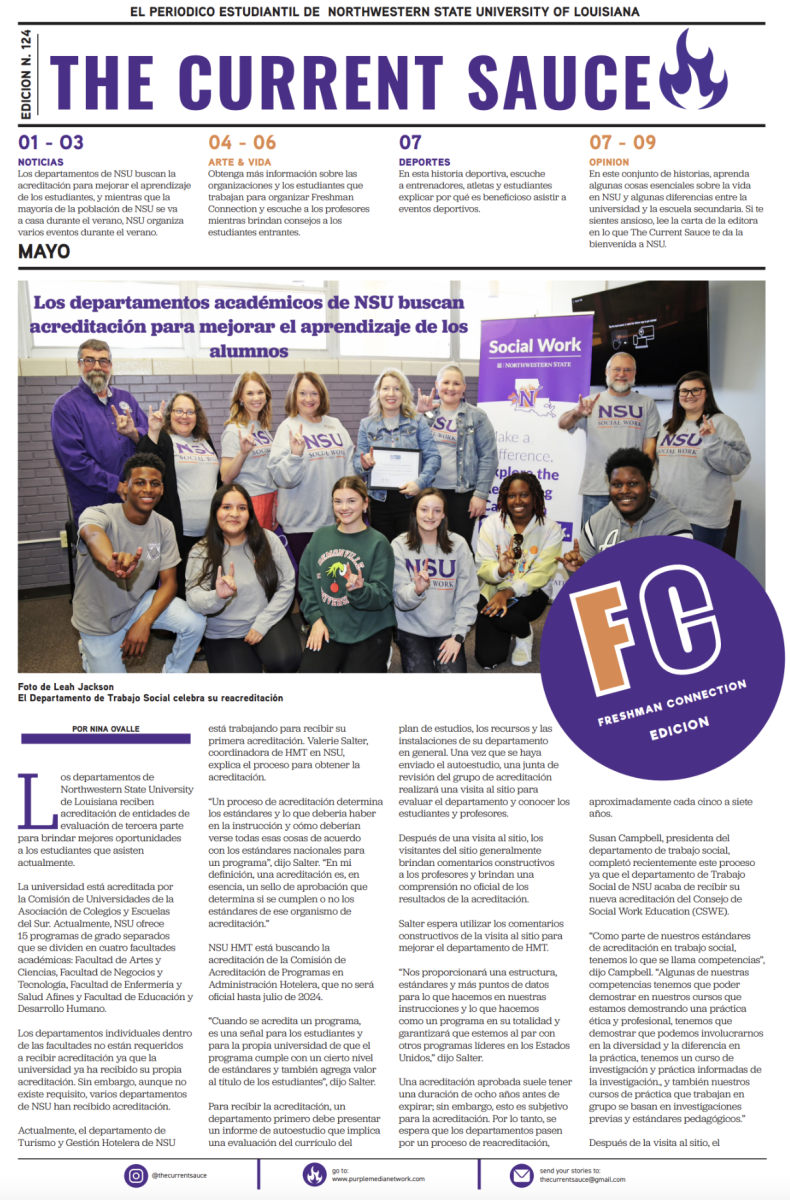
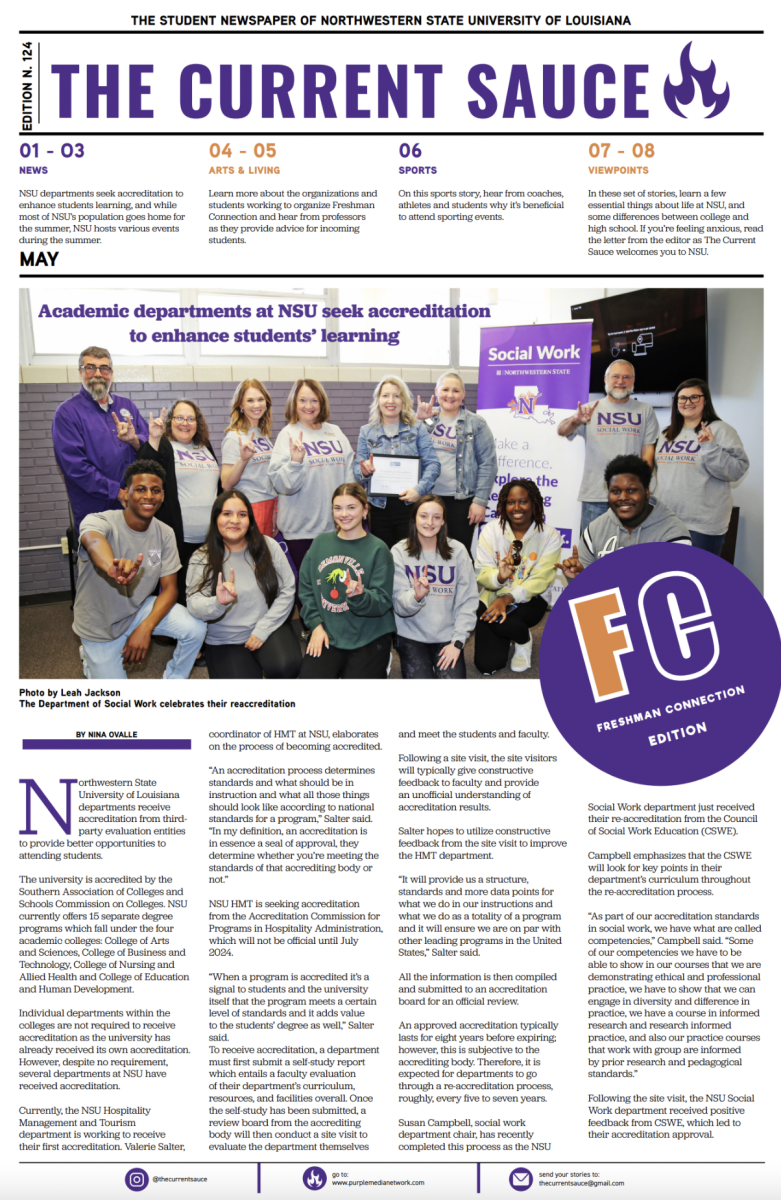

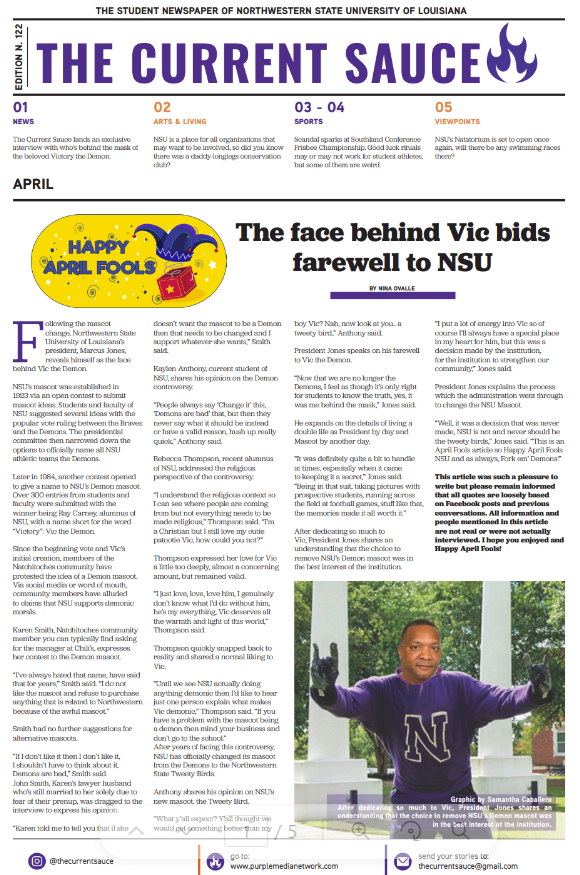
















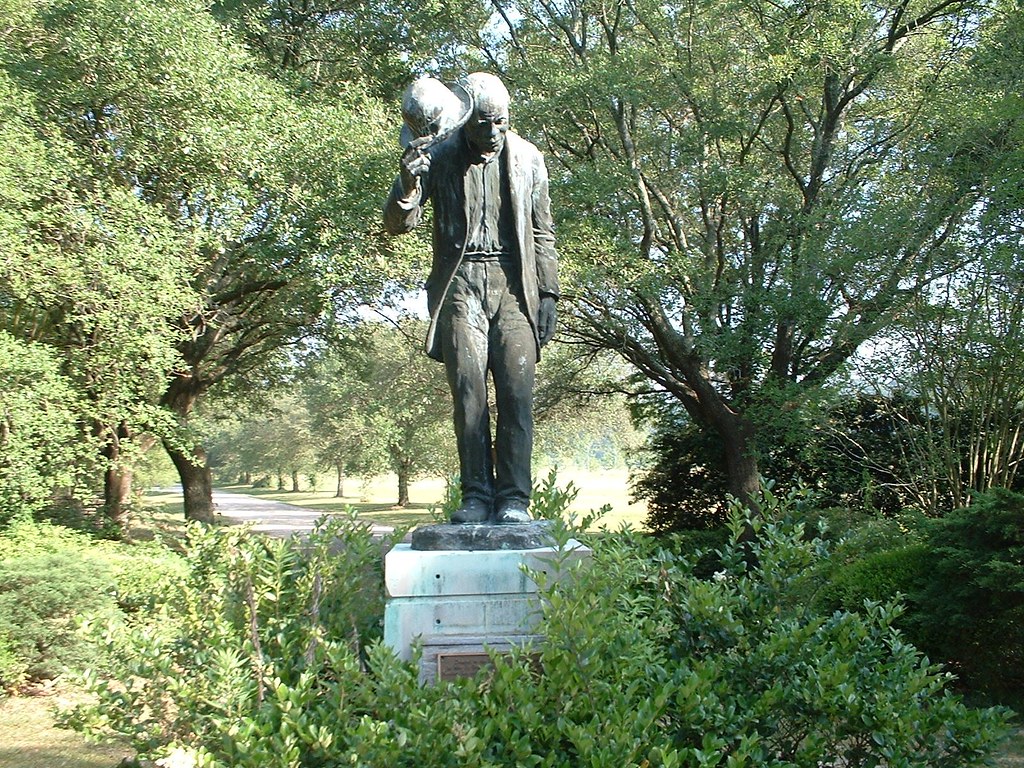
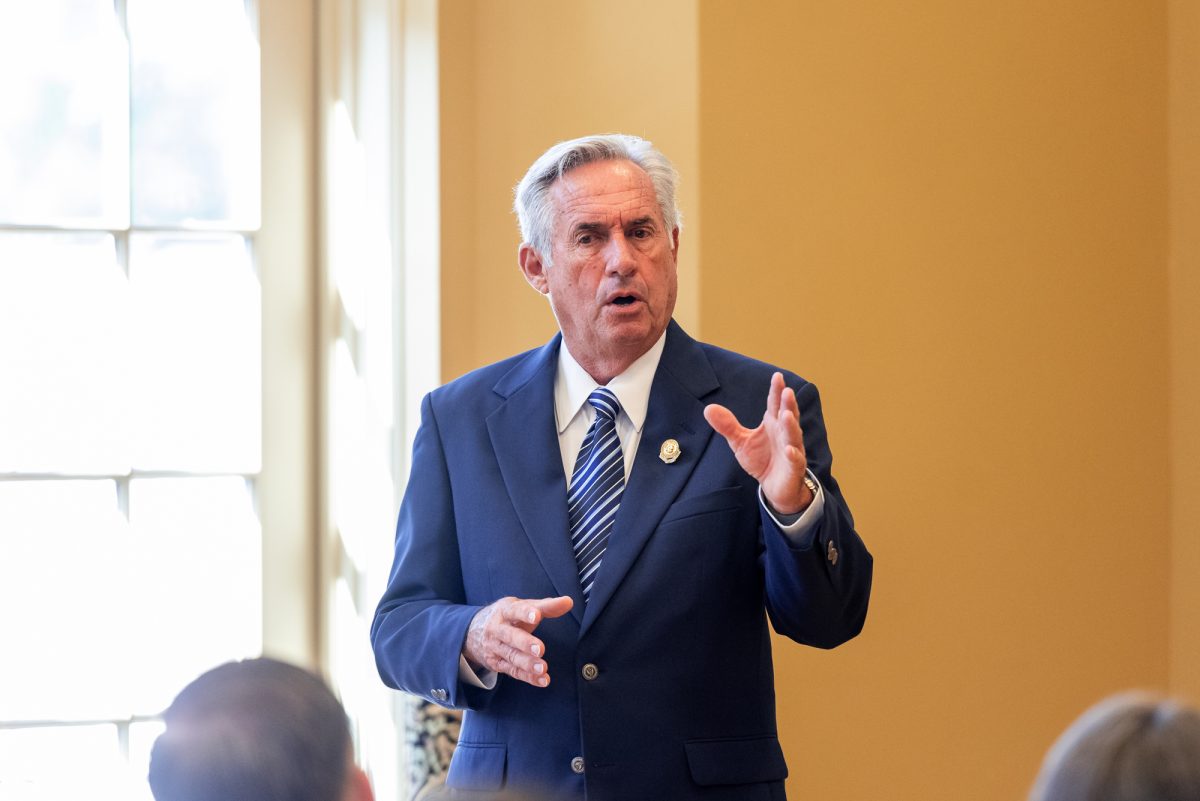

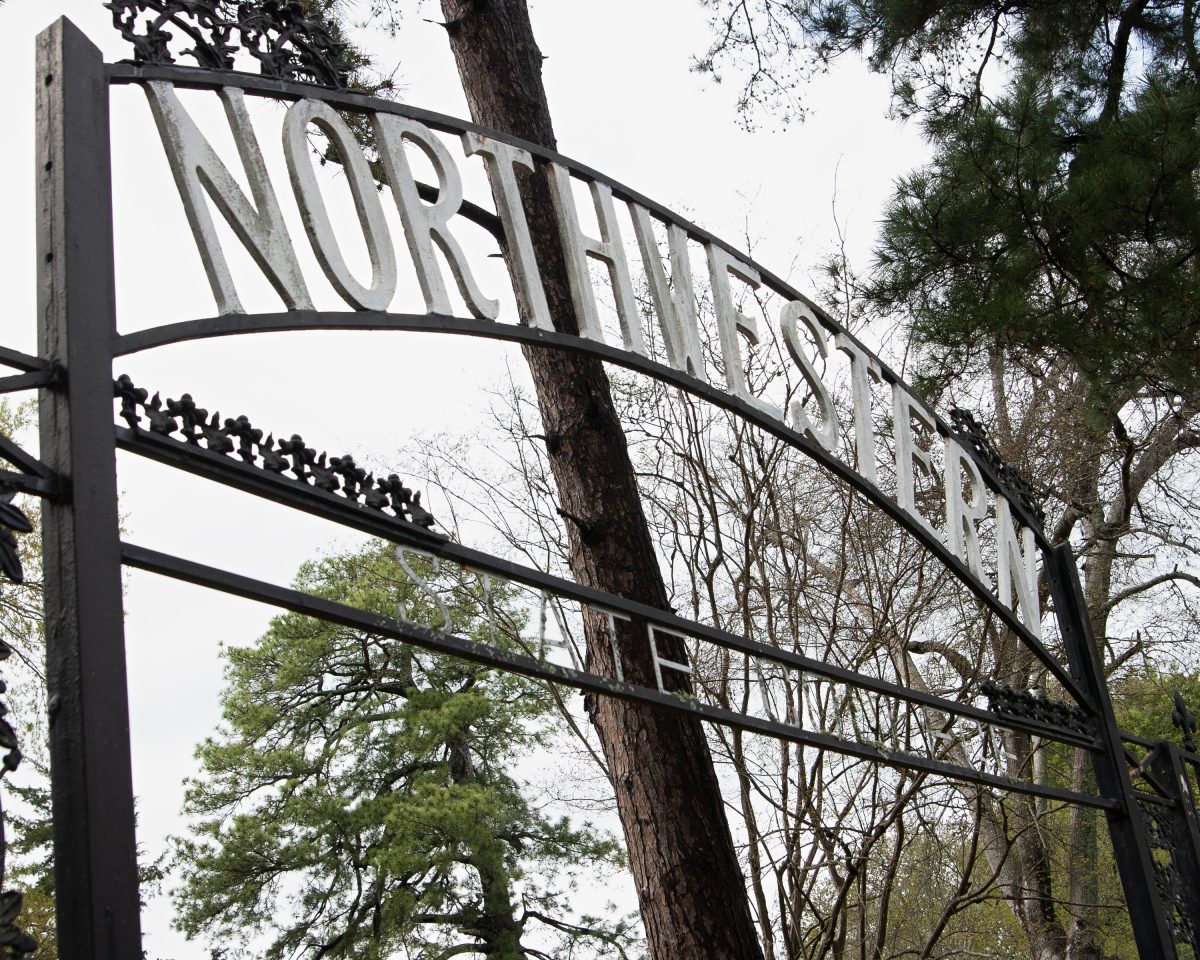

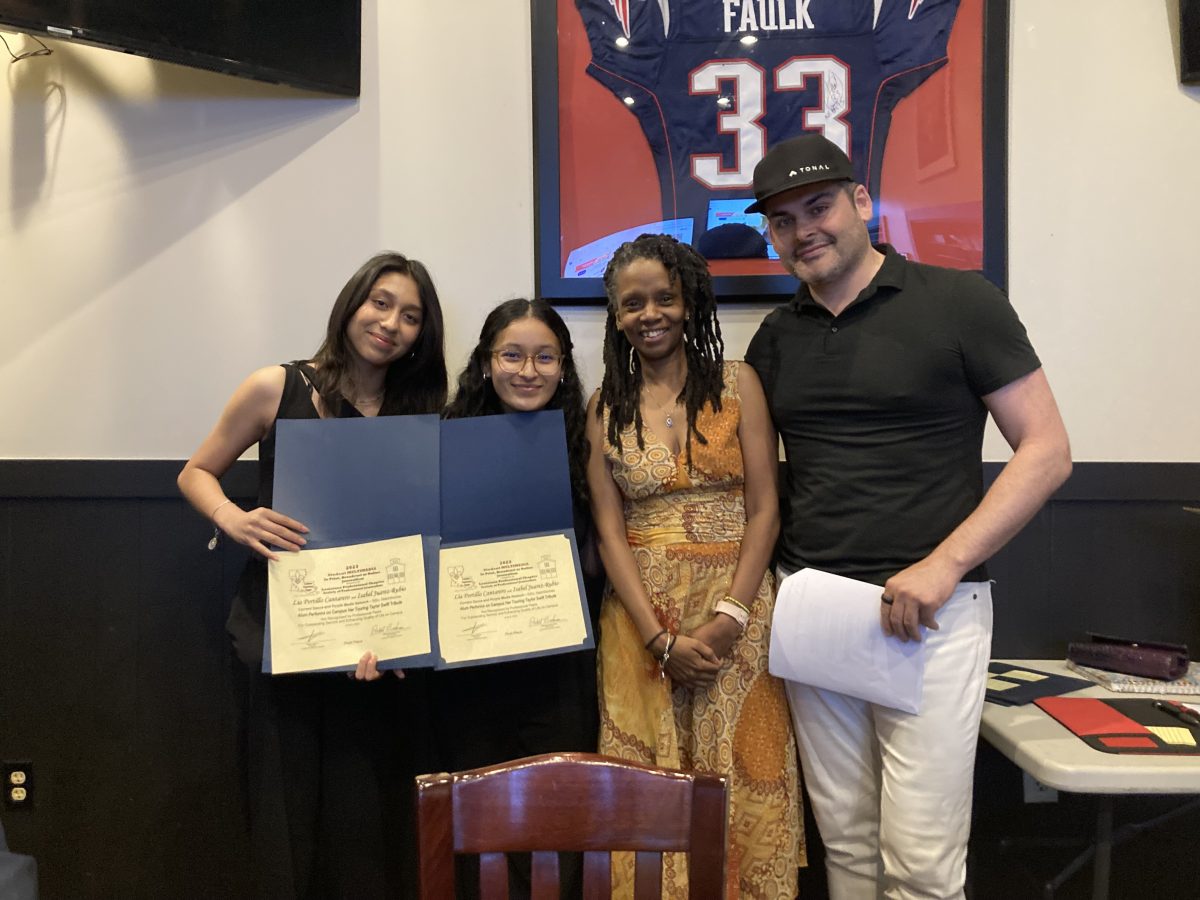
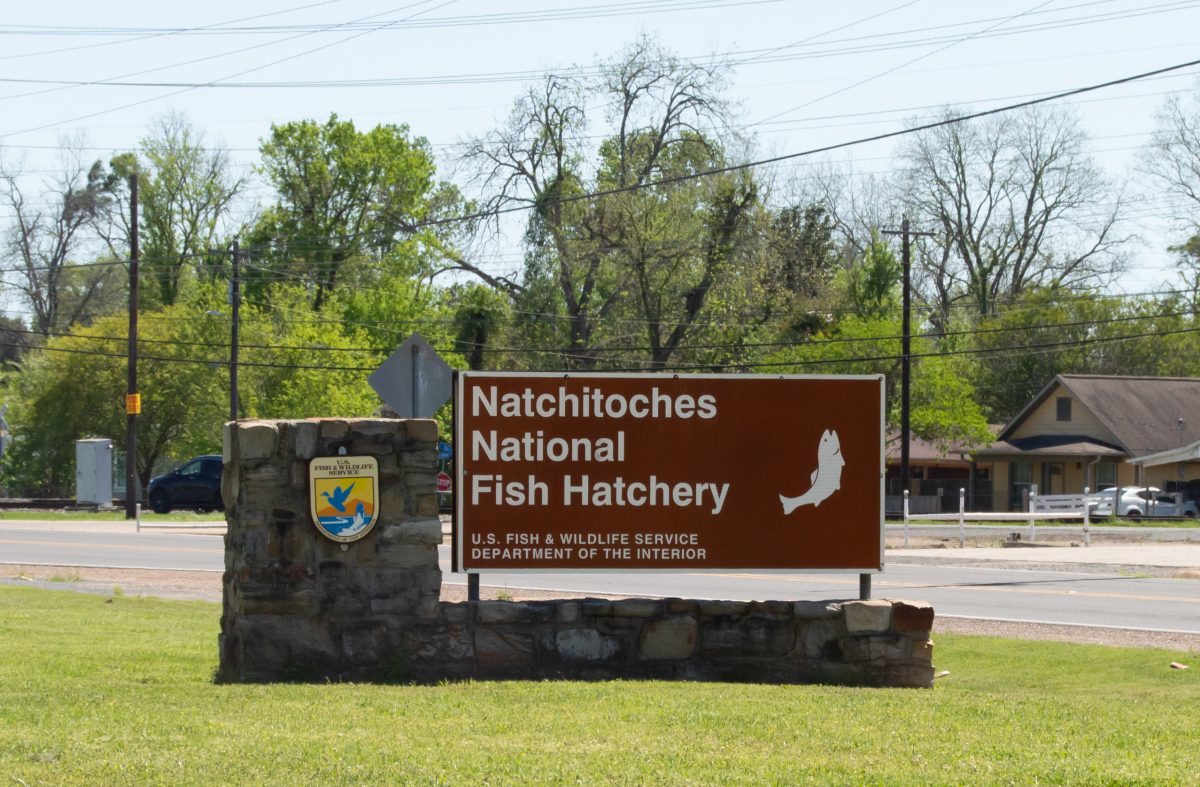
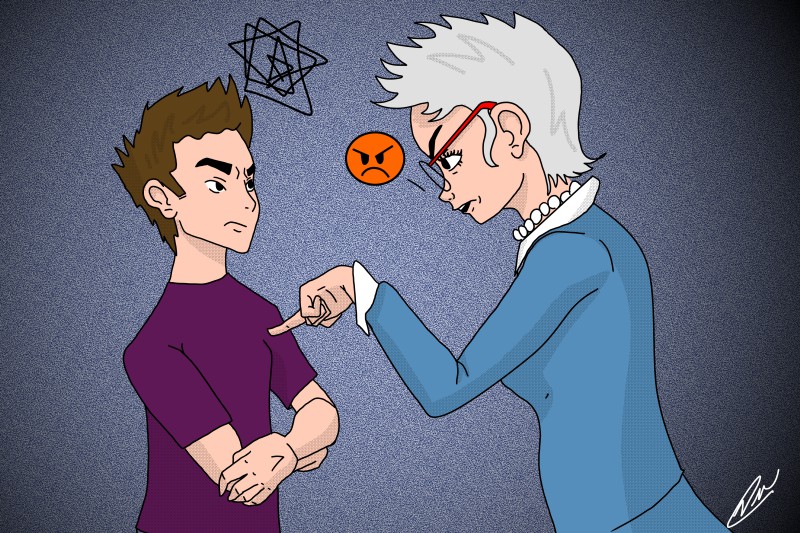
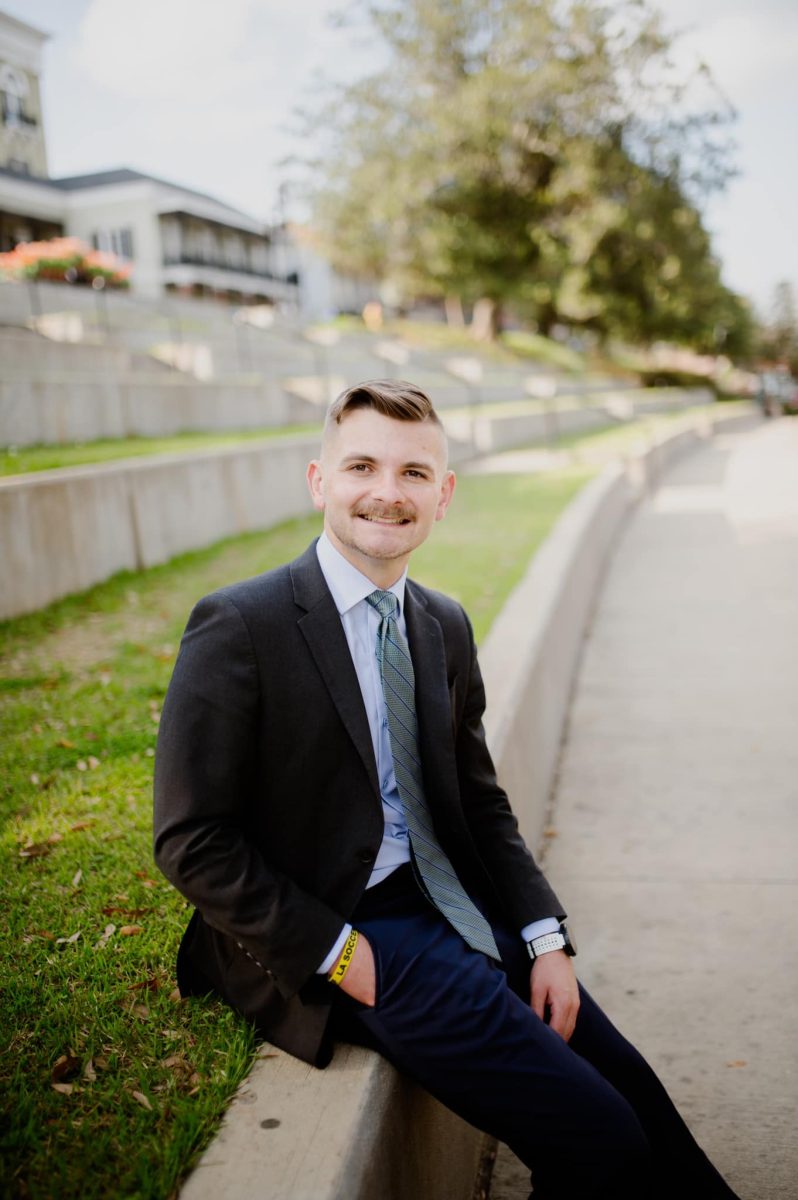

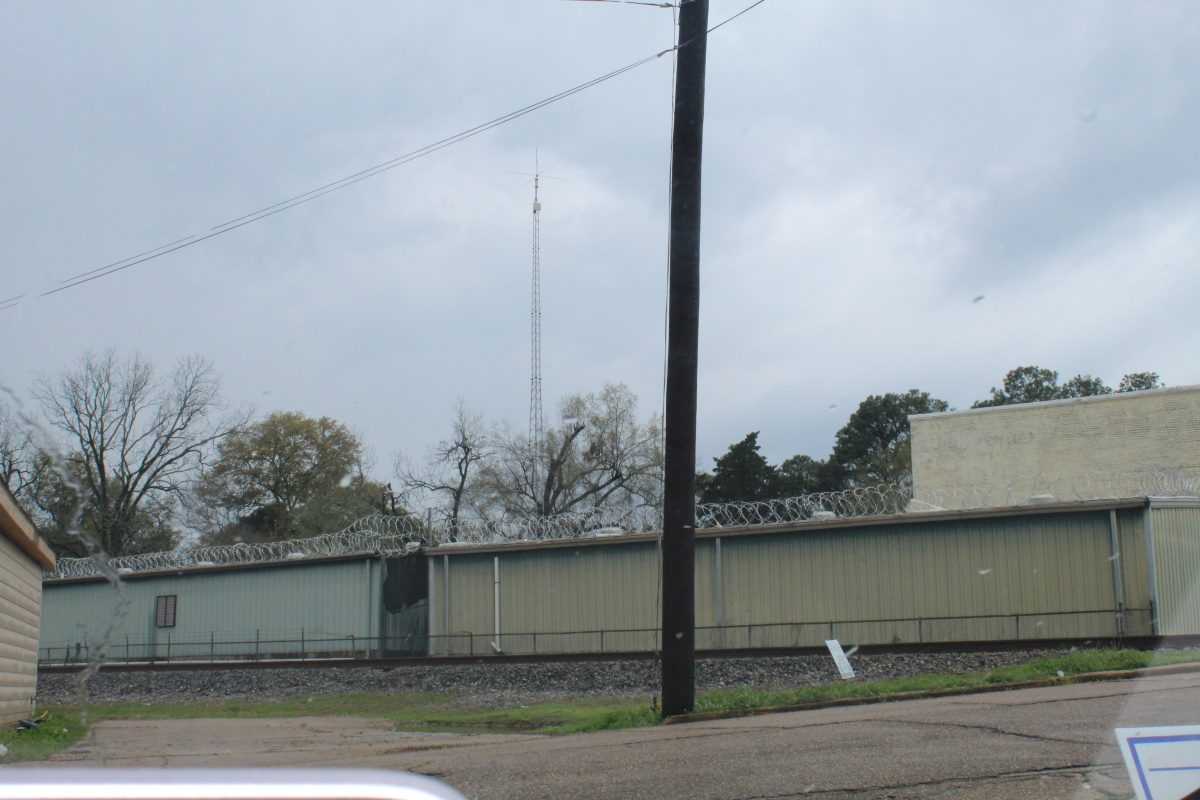
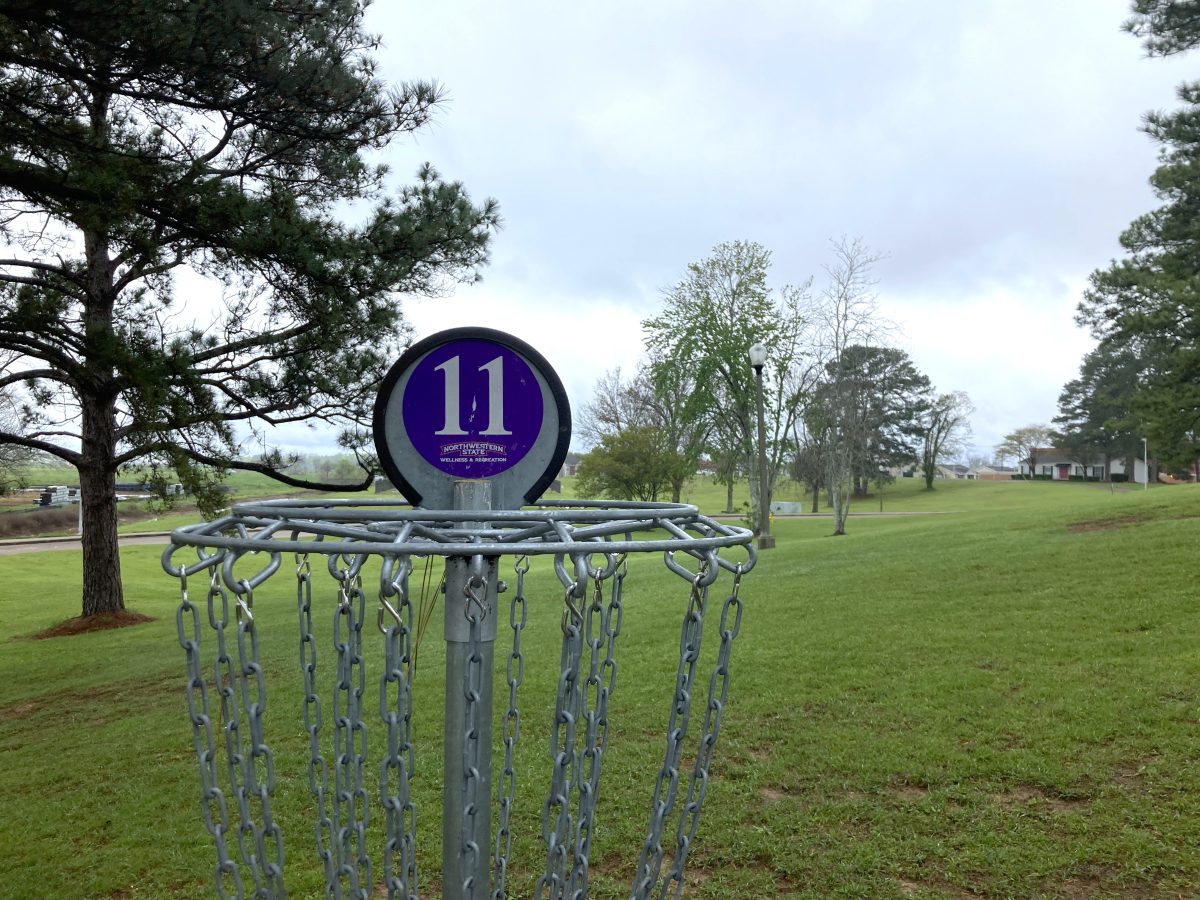


John Litzenberg • Feb 2, 2024 at 7:08 pm
I never knew the statute had THAT name. The one I heard was much worse. I’m glad it was off the street by the time we moved here in 2005 as Katrina refugees from New Orleans!!